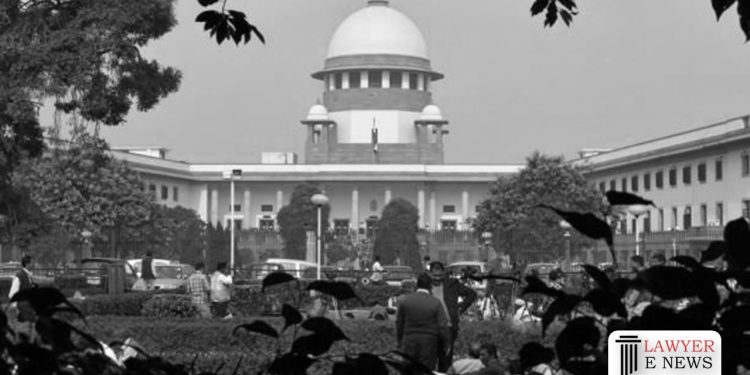Every Offensive Statement Does Not Qualify as Defamation or Incitement: Supreme Court Quashes FIR Against E-Newspaper Director

The Supreme Court of India, in a landmark judgment, has quashed FIR No. 31 of 2020 against Shiv Prasad Semwal, the director of the e-newspaper ‘Parvatjan’. The FIR was lodged under various sections of the Indian Penal Code, including Sections 153A, 500, 501, 504, 34, and 120B, pertaining to defamation and incitement. The judgment, delivered by Justices B.R. Gavai and Sandeep Mehta, firmly upheld the principle of freedom of speech and expression.
Legal Point:
The apex court scrutinized the legality of the FIR and evaluated if the published content constituted a cognizable offence. The court emphasized the importance of freedom of speech, noting that not every offensive statement can be construed as defamation or incitement to disharmony under the IPC.
Facts and Issues of the Case:
The case revolved around an article published in ‘Parvatjan’, which allegedly depicted that the land for a foundation stone laying ceremony was unlawfully occupied. The complainant alleged this publication defamed him and incited breach of peace. Semwal, in his defense, contended that the article was based on a Facebook post and did not warrant prosecution.
Court’s Assessment and Observations:
The court meticulously examined whether the article’s contents amounted to a cognizable offence. Justice Mehta observed, “In order to constitute the offence [Section 153A IPC], the prosecution must come out with a case that the words ‘spoken’ or ‘written’…created enmity or bad blood between different groups…the foundational facts essential to constitute the offence under Section 153A IPC are totally lacking from the allegations as set out in the FIR.”
Regarding the application of Section 504 IPC, the court found that the article did not provoke anyone to break public peace. The court also cited the landmark judgment in ‘State of Haryana and Ors. v. Bhajan Lal and Ors.’ to reinforce the decision to quash the FIR.
Decision: The Supreme Court ultimately quashed the FIR, stating that the allegations did not disclose necessary ingredients of any cognizable offence. This decision underscores the judiciary’s commitment to protecting freedom of speech while balancing it against defamation laws.
Date of Decision: March 19, 2024
Shiv Prasad Semwal vs. State of Uttarakhand and Others






